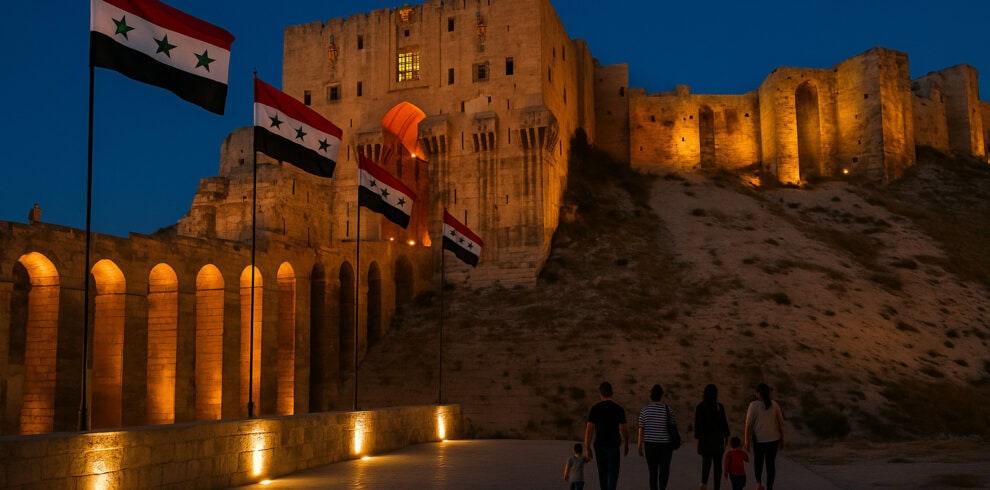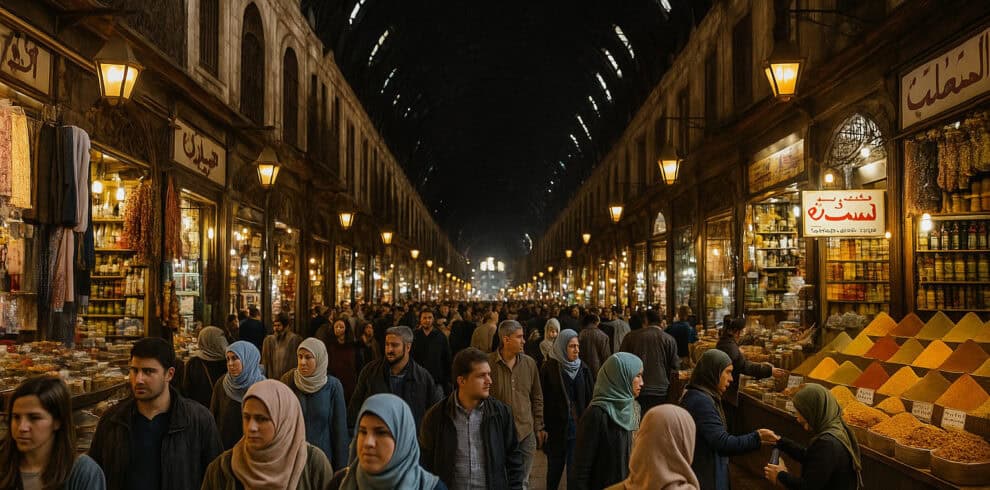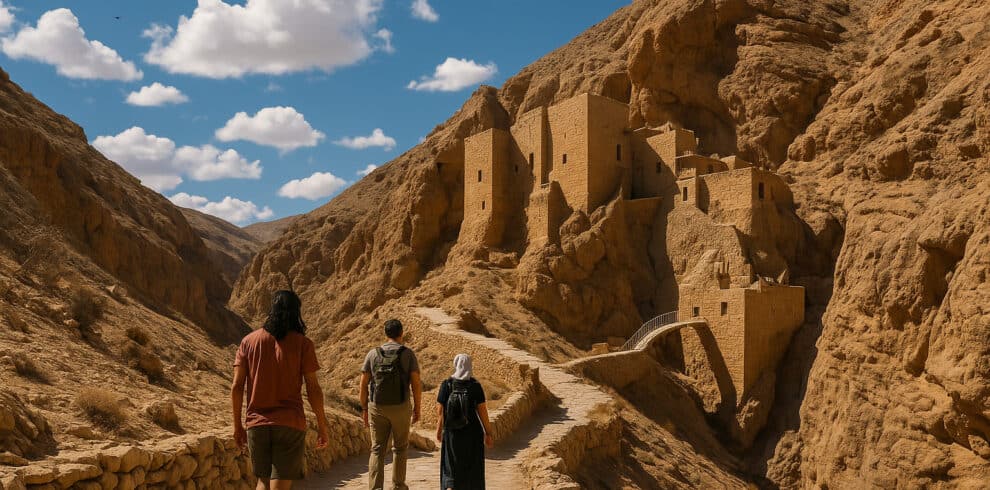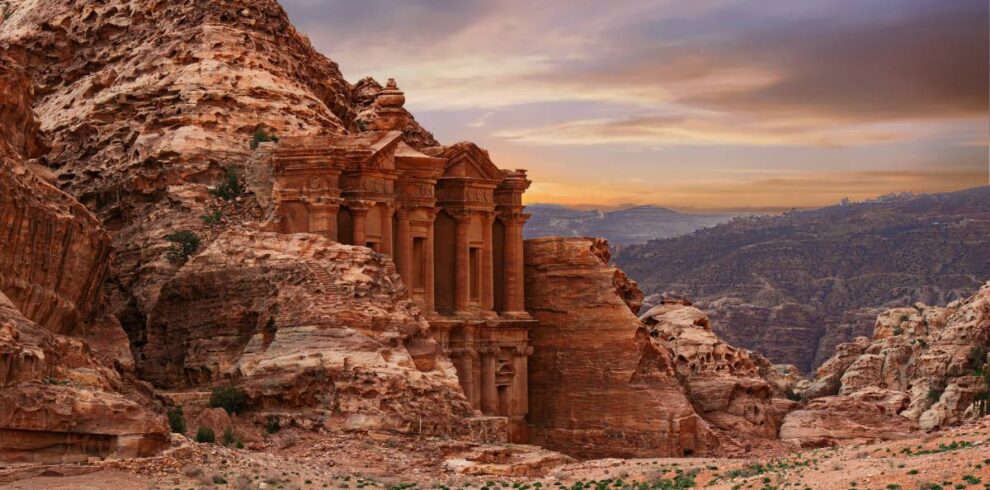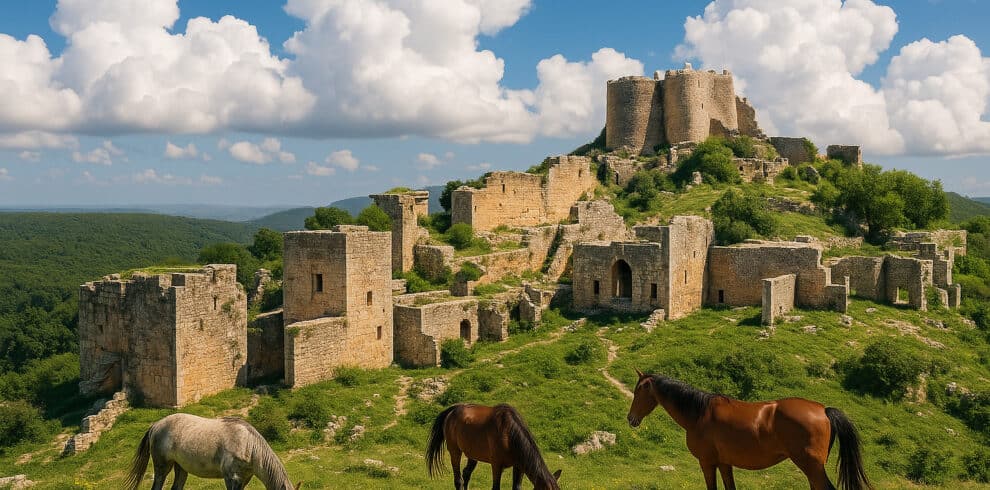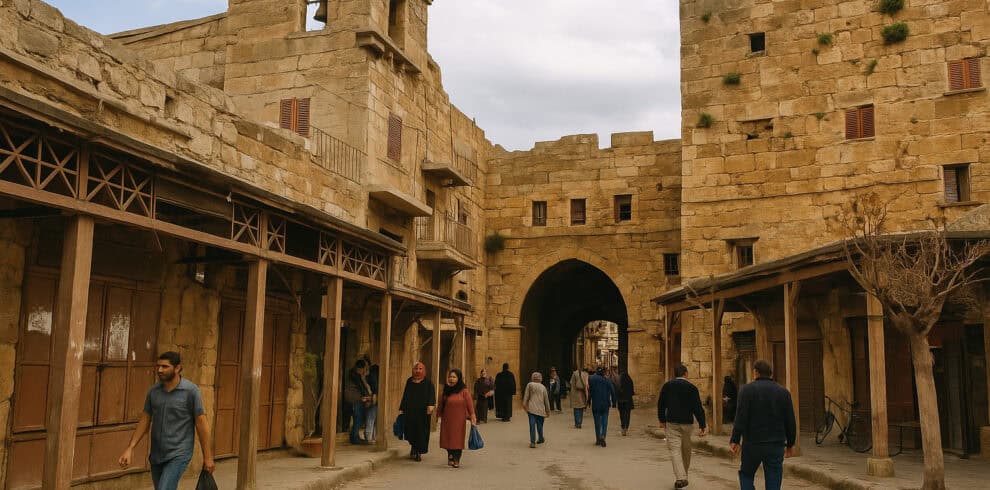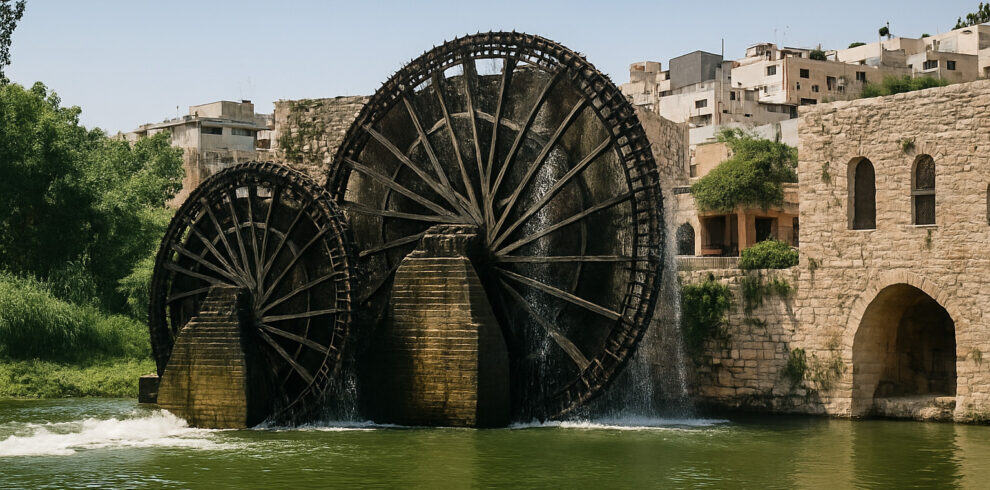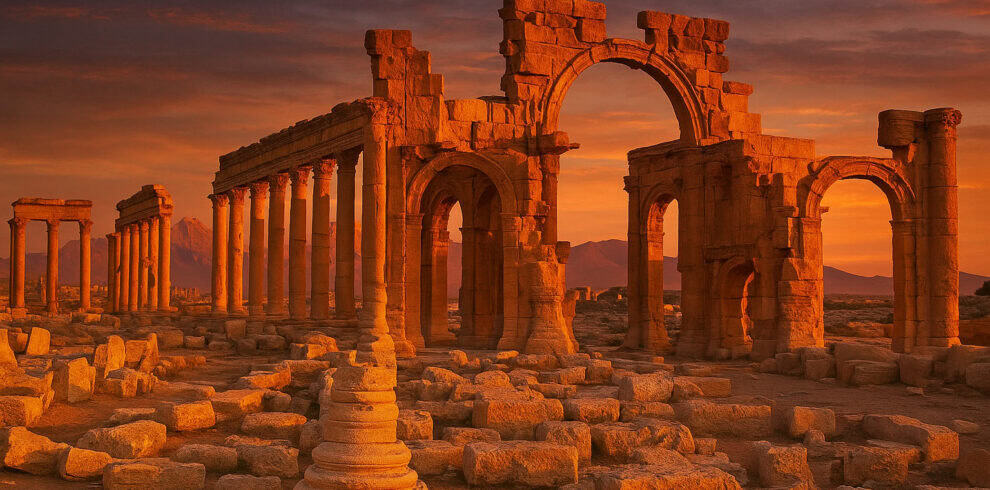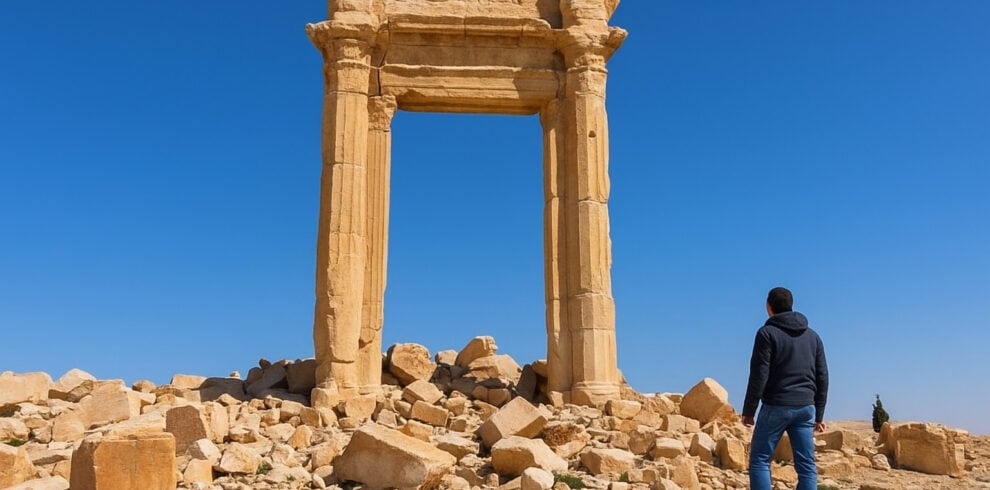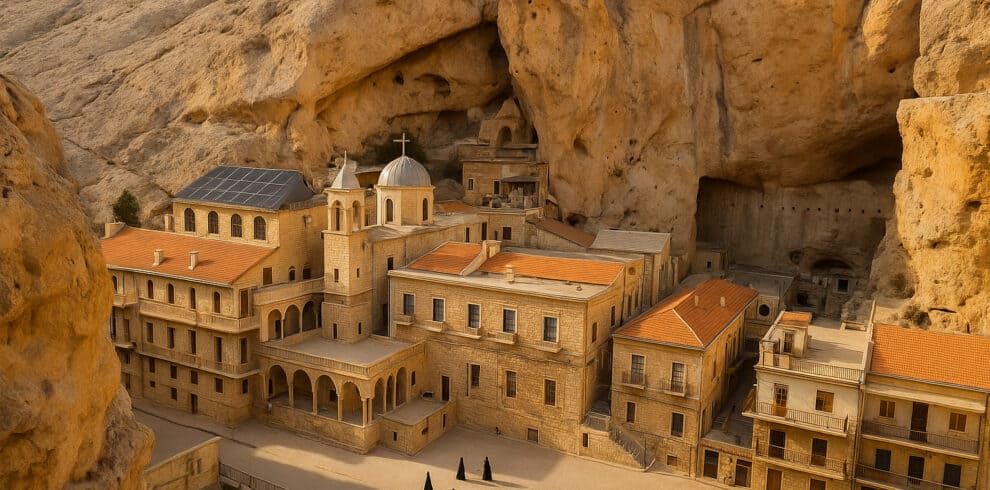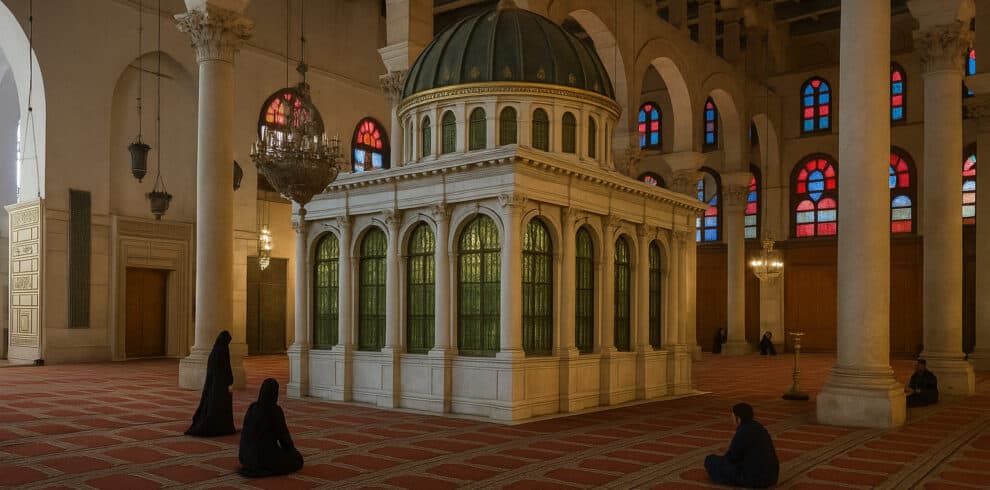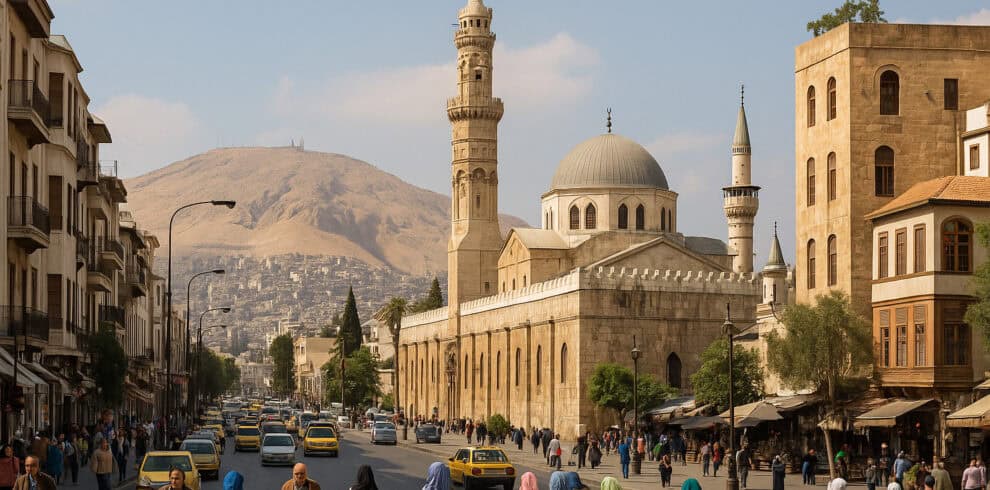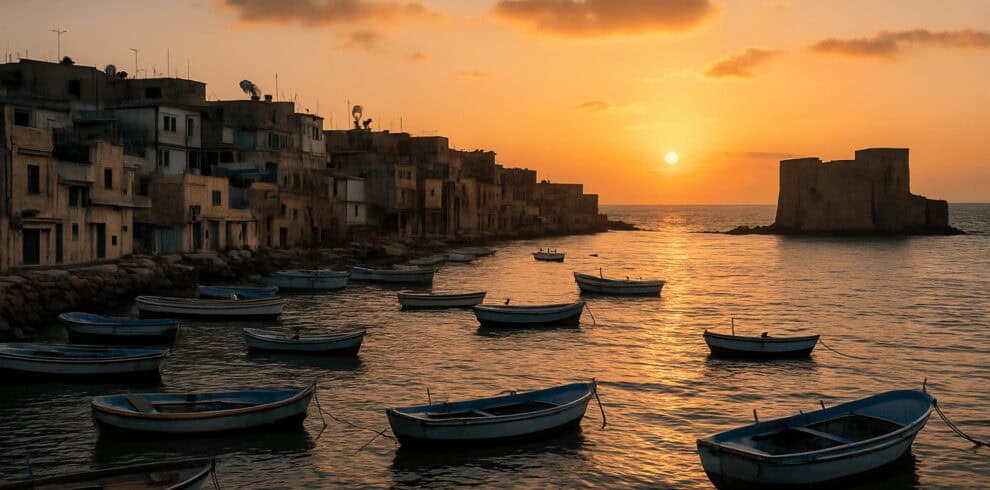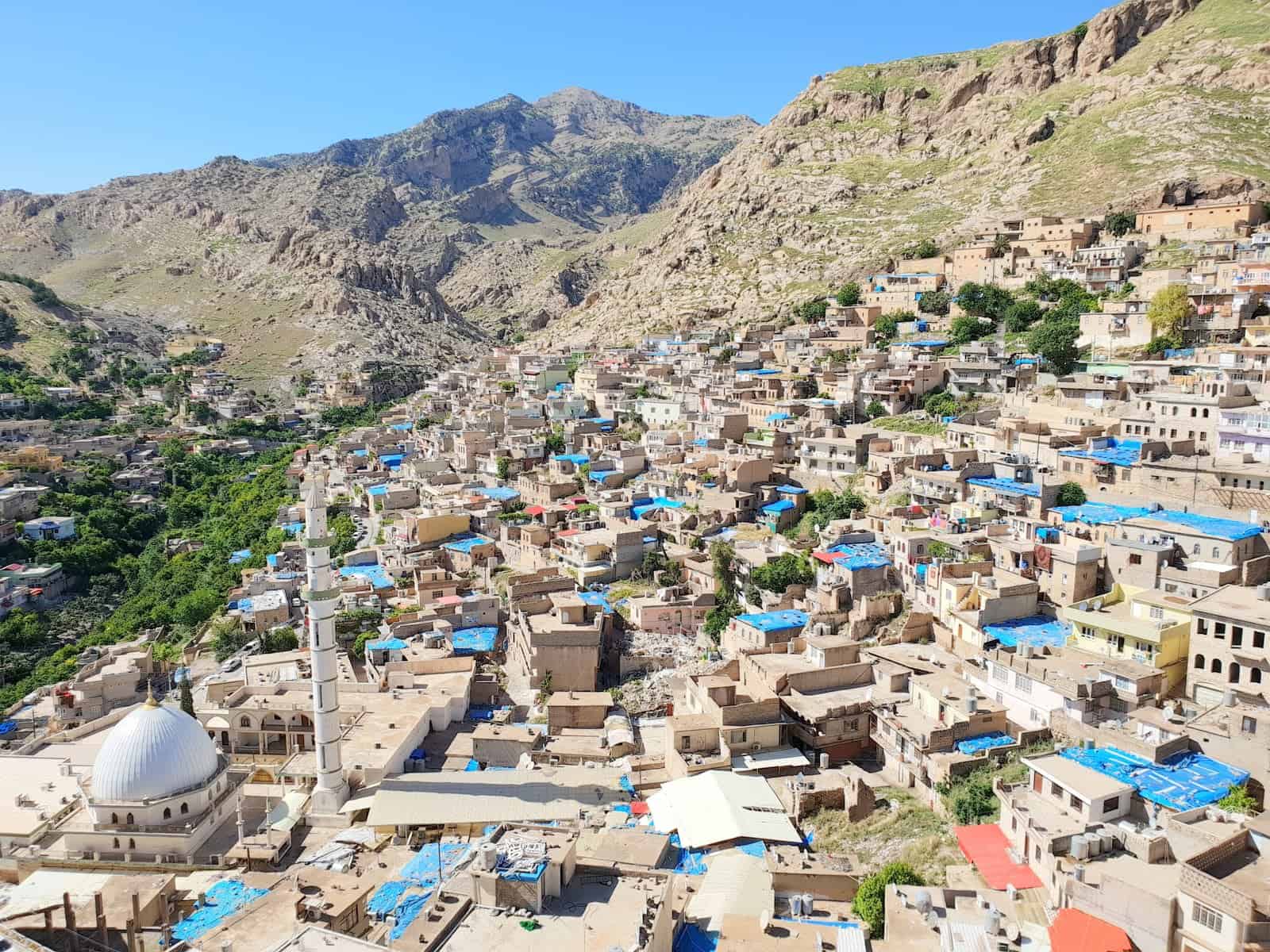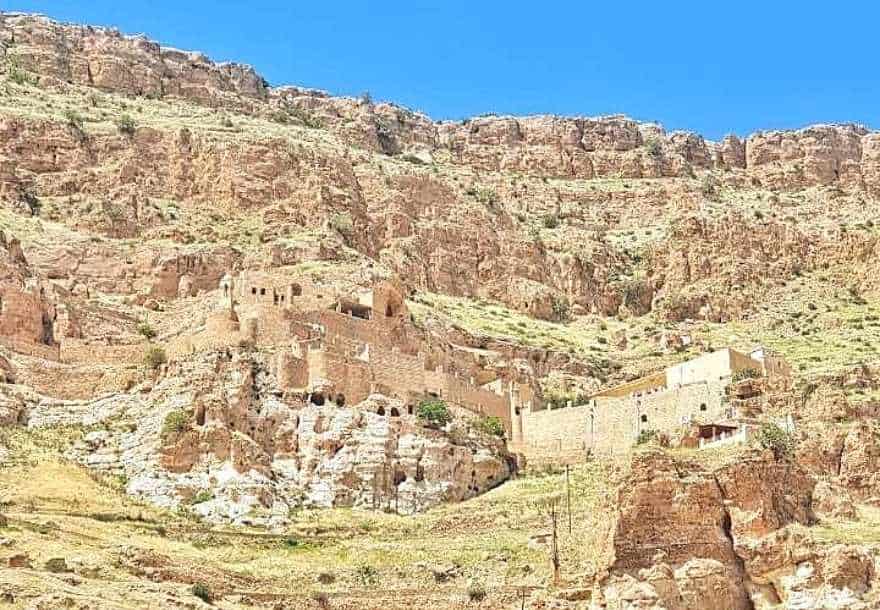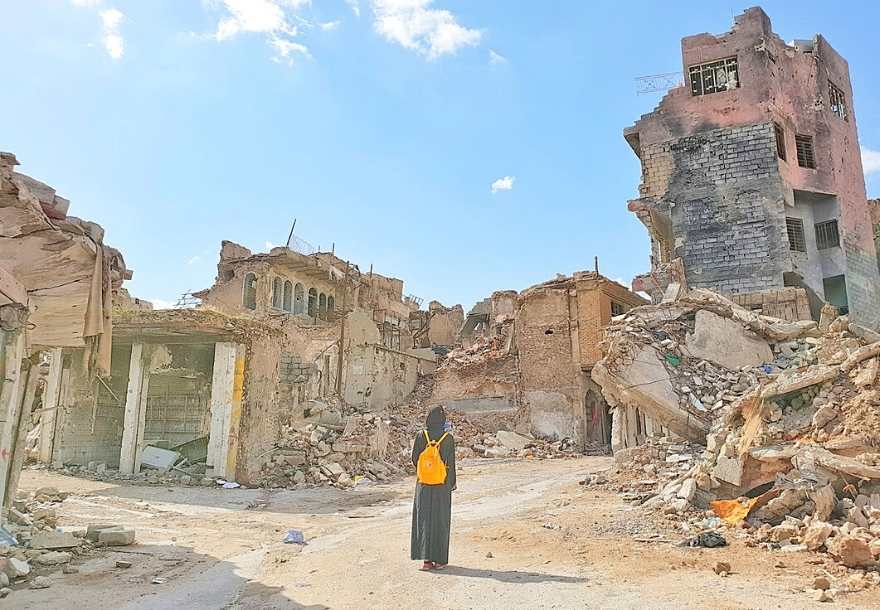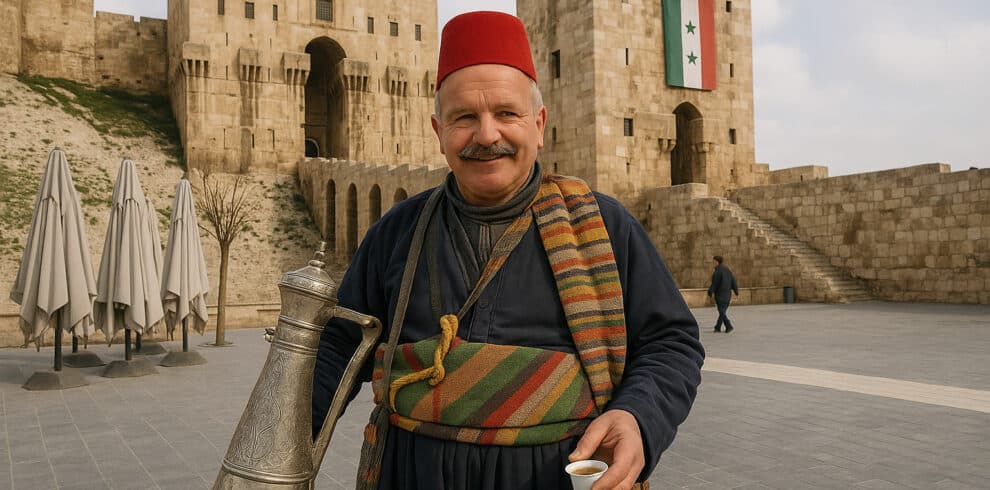Table of Contents
Explore the culture of Syria as we offer you a comprehensive understanding of the customs in Syria, and its rich and dynamic heritage, including traditions, values, and distinctive customs and practices.
Syrians hold a deep appreciation for hospitality, warmly receiving guests into their homes. Family plays a central role in Syrian society, fostering tight-knit bonds and a strong sense of community. It is crucial to acknowledge that Syria culture is in a constant state of evolution, shaped by historical occurrences, regional dynamics, and global interactions.
Gaining insight into the culture of Syria can provide valuable knowledge about the intricate and diverse society within the nation.
Syria Culture
Here are the key points to begin learning about Syria culture and customs:
- Ethnic Diversity: Syria boasts a diverse mix of ethnic groups, each with its unique customs and traditions. Arabs, Kurds, Assyrians, and Armenians are among the major ethnic communities.
- Languages: Arabic is the official language, but various regional languages and dialects are spoken throughout the country.
- Islamic Practices: Syria is predominantly a Muslim country, and Islam plays a significant role in Syria culture, influencing daily life, values, and societal norms. This includes daily prayers, fasting during Ramadan, and adherence to Islamic dietary laws. Both Sunni and Shia Islam are practiced in Syria.
- Greeting Etiquette: Greetings hold significance in Syria culture. Handshakes are common between men, while men and women typically do not shake hands. Verbal greetings with polite phrases are more common.
- Traditional Clothing: Traditional Syrian clothing varies by region and ethnicity but often includes garments like the “thobe” for men and dresses for women, reflecting local identities.
- Cuisine: Syrian cuisine is known for dishes like kebabs, falafel, and various savory pastries. It blends Middle Eastern, Mediterranean, and North African flavors.
- Hospitality: Syrians are known for their warm hospitality. When guests visit, they are offered tea, meals, and often a place to stay. It is customary to accept these offers graciously.
- Respect for Elders: Respect for elders is deeply rooted in Syria culture, with younger individuals demonstrating reverence through words and actions.
- Arts and Crafts: Syria has a rich tradition of arts and crafts, including intricate ceramics, glassblowing, textiles, and calligraphy.
- Music and Dance: Traditional Syrian music includes instruments like the oud and qanun. Folk dances play a significant role in cultural celebrations.
- Celebration of Festivals: Syrians observe various religious and cultural festivals, such as Eid al-Fitr, Eid al-Adha, and Nowruz (New Year). These festivities often involve special prayers, feasts, and gatherings with loved ones.
- Family and Community: Family holds a central place in Syrian society, and strong community bonds are essential for support and social cohesion.
- Gender Roles: Traditional gender roles are present, with distinct social spheres for men and women. However, societal changes are taking place, particularly in urban areas.
- Arranged Marriages: Arranged marriages are a common practice in Syria, with families playing a significant role in matchmaking.
- Resilience and Heritage: Syria’s history, including periods of conflict, has shaped its culture, fostering resilience and a strong connection to its cultural heritage.
These customs and practices are integral to Syria culture and are evident in daily life, reflecting the country’s rich cultural heritage and emphasis on community, tradition, and hospitality.
Syria Traditional Attire
Syria Traditional Attire reflects the country’s diverse cultural heritage, regional distinctions, and historical influences. Syrian clothing serves both functional and cultural purposes, embodying the traditions and identity of its people.
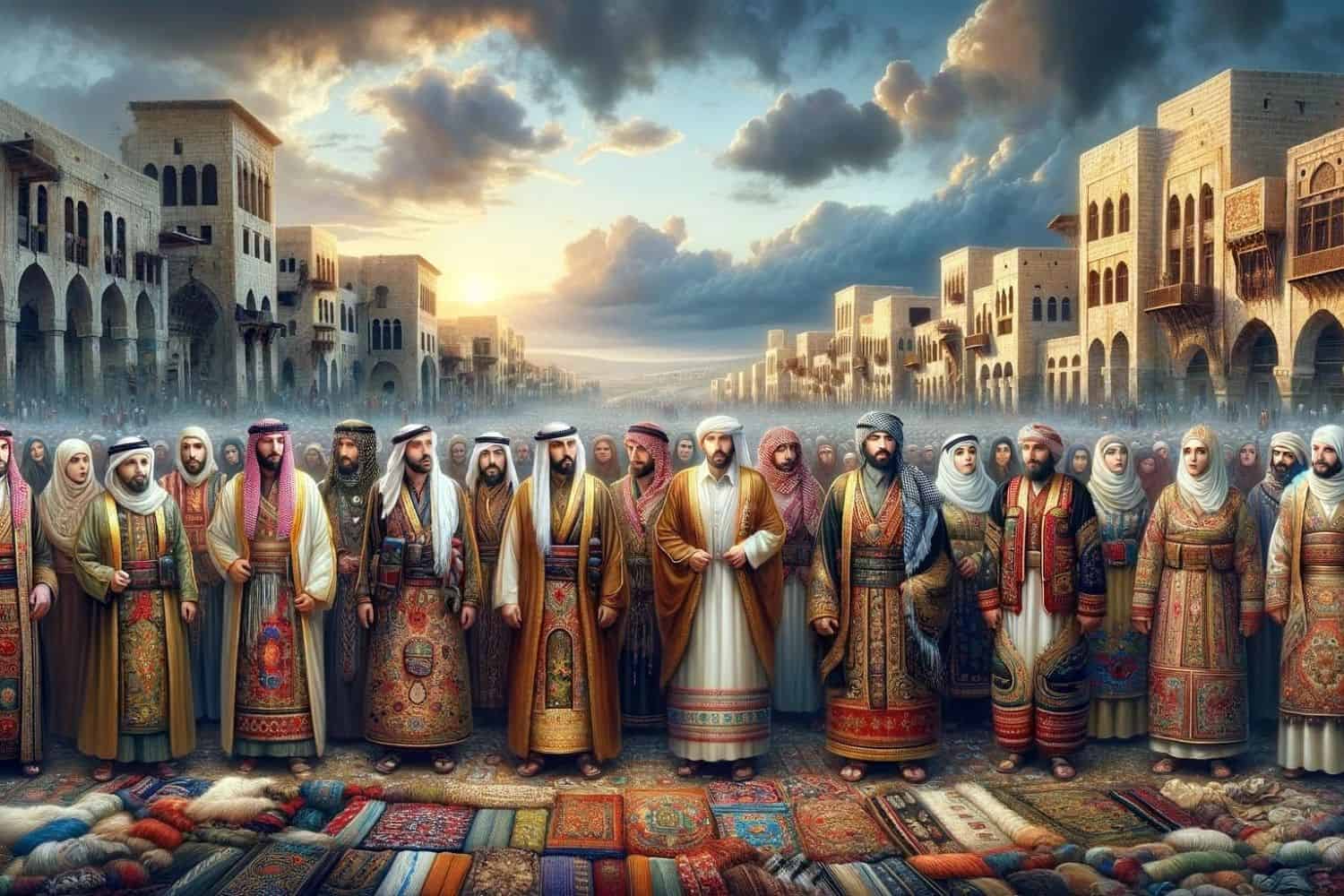
1. Regional Diversity: Syria’s traditional clothing varies across regions due to differences in climate, lifestyle, and cultural traditions. In colder northern areas and mountainous regions, people often wear heavier and layered clothing, while in the warmer southern regions, lighter attire is favored.
2. Arab Dress: The traditional attire for Arabs in Syria typically includes long robes known as “thobes” or “jellabiyas” for men, often paired with a head covering like the “keffiyeh.” Women may wear long dresses or “abayas” with a matching headscarf or “hijab.” These garments may vary in style and design based on individual preferences and cultural influences.
3. Kurdish and Assyrian Attire: Kurdish and Assyrian ethnic groups in Syria have their unique traditional clothing. Kurdish men might wear baggy pants and embroidered vests, while women may don colorful dresses with intricate patterns. Assyrian clothing is similarly distinctive, often featuring vibrant colors and detailed embroidery.
4. Bedouin and Nomadic Garb: Syrian Bedouin and nomadic communities have clothing suited to their mobile lifestyles. Their attire often includes loose, flowing robes and head coverings designed for protection from the sun and sand. Accessories like belts and jewelry are also prominent in their dress.
5. Modesty and Symbolism: Traditional Syrian clothing places a premium on modesty, with garments designed to cover the body. Colors, fabrics, and patterns carry cultural and regional significance, and clothing can convey one’s social status, marital status, or tribal affiliation.
6. Special Occasion Attire: Syrians dress extravagantly for special events, adorning themselves in ornate garments enhanced with intricate embroidery, beadwork, and jewelry. Weddings, festivals, and religious celebrations are occasions for showcasing their finest traditional attire.
7. Blend of Tradition and Modernity: While traditional clothing remains significant, urbanization and modern influences have led to the incorporation of Western attire into daily life, particularly in urban centers like Damascus and Aleppo. Many Syrians now wear a mix of traditional and contemporary clothing, reflecting evolving lifestyles and global fashion trends.
Syria traditional attire represents not just clothing but also a vibrant expression of its cultural diversity, historical legacy, and identity. It serves as a visual testament to the rich tapestry of traditions that have shaped Syrian society over the centuries.
Syria Marriage Traditions
Syria Marriage Traditions are deeply rooted in the country’s rich cultural and religious heritage, featuring variations across different ethnic groups and regions. These traditions hold great significance in Syrian society, reflecting both historical practices and contemporary influences.
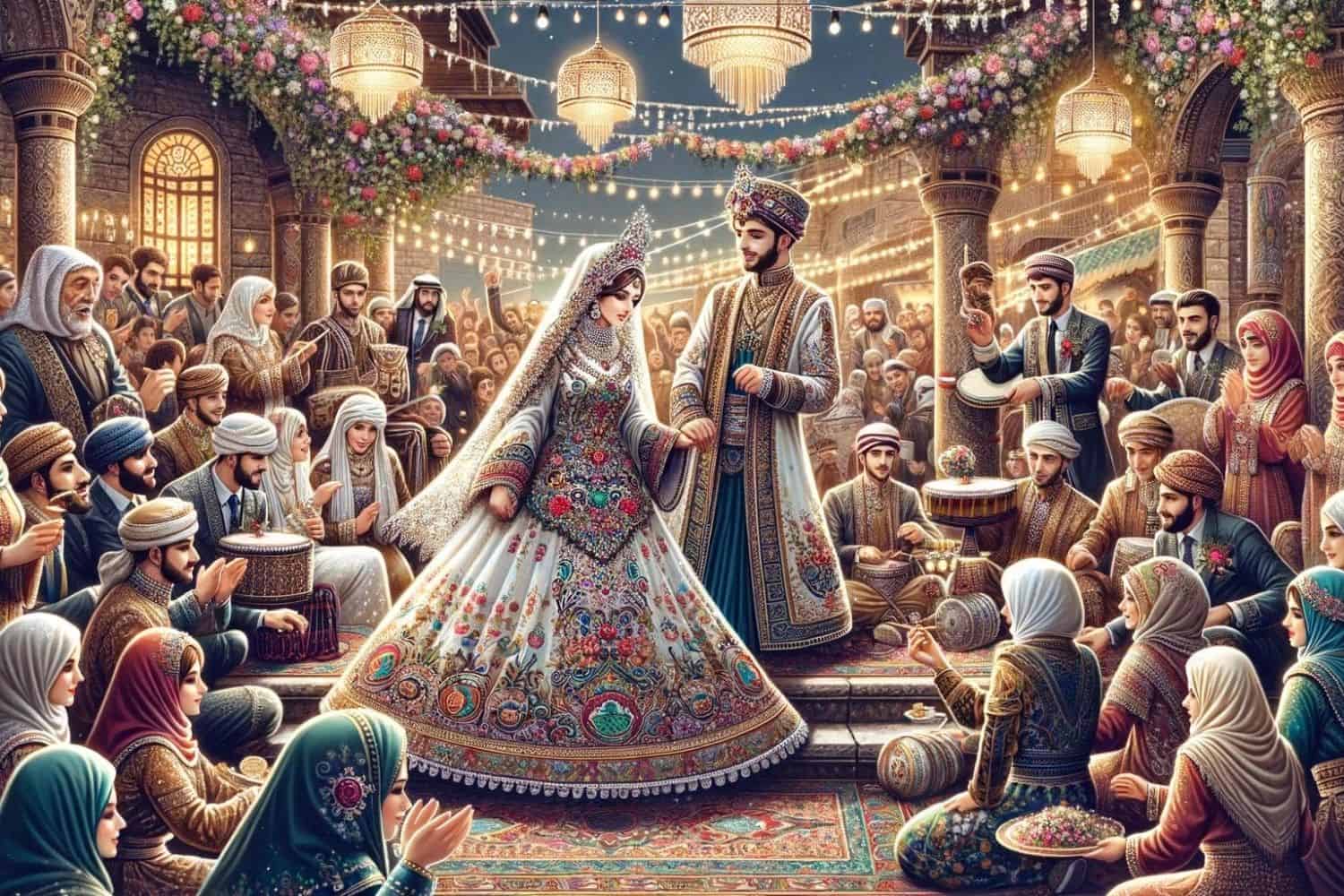
1. Arranged Marriages: Arranged marriages are prevalent in Syria, with families typically taking an active role in selecting suitable spouses for their children. These unions are viewed as a means to preserve cultural and social ties and ensure compatibility between families.
2. Matchmakers: Matchmakers, often known as “khattat” or “khattebat,” assist in the process of finding compatible partners. They consider factors such as family background, social status, and shared values when suggesting potential matches.
3. Engagement: Once a suitable match is identified, the engagement process commences with a formal agreement between the families. This agreement, known as a “khutbah,” signifies the commitment of the couple to marry.
4. Wedding Celebrations: Syrian weddings are festive occasions that typically span multiple days. They feature traditional customs, feasting, music, and dancing. The central wedding ceremony involves the signing of the marriage contract and is often held in a mosque or at home.
5. Bridal Dowry (Mahr): The groom customarily provides a dowry, known as “mahr,” to the bride as a symbol of his commitment and financial support. The mahr’s nature and value may vary depending on the families and regions involved.
6. Bridal Attire: Brides in Syria traditionally wear stunning and intricately embroidered dresses, accompanied by elaborate jewelry. The specific attire varies by ethnic group and region, with Arab, Kurdish, Assyrian, and other brides showcasing distinctive styles.
7. Post-Wedding Traditions: After the wedding, various customs may follow, such as the “walima,” a festive meal hosted by the groom’s family, and the “dik al-jil,” a ritual where the bride enters her new household.
8. Religious and Social Significance: Marriage holds both religious and social importance in Syria, closely tied to Islamic customs and traditions. The marriage contract, known as the “aqd,” adheres to Islamic principles and may include recitations from the Quran.
9. Family and Community Involvement: Syrian weddings are not only a celebration of the couple but also a community affair. Extended families and the broader community actively participate in and support the festivities.
10. Contemporary Changes: In urban areas and among the younger generation, there is a growing trend toward love marriages, where individuals choose their partners based on personal preferences. Nevertheless, many traditional customs and ceremonies are still observed in these unions.
Syria marriage traditions underscore the significance of family, community, and cultural identity in Syrian society. While some practices have evolved over time, they continue to be a significant aspect of Syrian life, preserving the country’s cultural heritage and social bonds.
Syria Food Culture
Syria food culture is a rich tapestry of flavors and traditions, influenced by the country’s history, geography, and a blend of culinary influences from the Middle East, the Mediterranean, and neighboring regions.
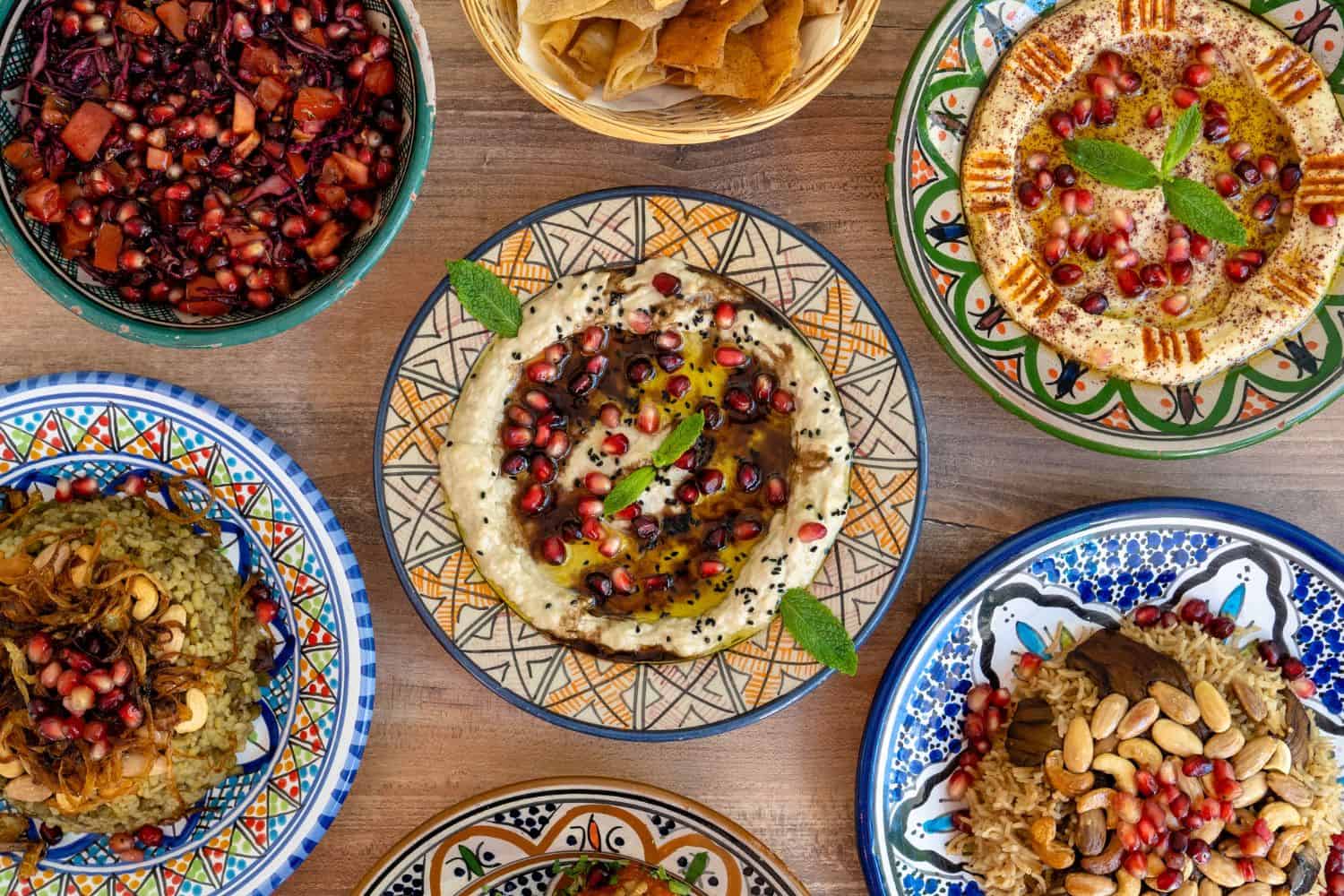
- Regional Variation: Food from Syria diverse geography, encompassing coastal plains, fertile valleys, and arid deserts, has given rise to a wide range of regional cuisines. Each area incorporates local ingredients and culinary traditions, resulting in a rich tapestry of flavors distinctive to each region.
- Staple Foods: Syrian cuisine relies on staple foods like bread (such as “khubz” or pita), rice, and grains such as bulgur and wheat. Rice dishes like “maqluba” and “mansaf” are particularly popular.
- Mezze: Mezze, a selection of small dishes served as appetizers or part of a larger meal, is a quintessential element of Syrian dining. Mezze items may include hummus, baba ghanoush, tabbouleh, falafel, and stuffed grape leaves.
- Kebabs and Grilled Meats: Grilled meats, especially kebabs, are a common feature of Syrian cuisine. Lamb, beef, and chicken are often marinated in aromatic spices and grilled to perfection.
- Spices and Herbs: Syrian dishes are known for their flavorful spices and herbs, including cumin, coriander, sumac, and mint. These ingredients add depth and complexity to the cuisine.
- Traditional Dishes: Syrian cuisine features traditional dishes like “kibbeh” (ground meat and bulgur patties), “shawarma” (slices of grilled meat), “mahshi” (stuffed vegetables), and “manakish” (savory pastries).
- Use of Olive Oil: Olive oil is a staple in Syrian cooking and is used generously in salads, dressings, and various dishes, adding a distinctive Mediterranean flavor.
- Sweets and Desserts: Syrian desserts often feature ingredients like honey, nuts, and rosewater. Popular sweets include “baklava,” “ma’amoul” (date-filled cookies), and “qatayef” (stuffed pancakes).
- Coffee and Tea Culture: Syria has a strong coffee and tea culture, with “Arabic coffee” (usually cardamom-flavored) and black tea being commonly enjoyed beverages.
- Hospitality: Syria culture places a significant emphasis on hospitality, and guests are often welcomed with open arms and offered food and drinks. Sharing meals is a fundamental way of building and maintaining relationships.
- Influence of Mediterranean Cuisine: Due to its proximity to the Mediterranean, Syrian cuisine incorporates elements of Mediterranean cooking, including seafood, fresh vegetables, and herbs.
- Resilience and Adaptability: Despite challenges, Syrian cuisine has endured and adapted, showcasing the resourcefulness and creativity of Syrian chefs and home cooks.
Book our services
Our services as a travel agency in Syria ensure that your journey is not only enjoyable but also informative and hassle-free. Syria’s cultural delights, historical marvels, and natural wonders await your exploration with RJ Travel LLC. Our Syria Private Tours are designed to immerse you in the rich cultural heritage, historical significance, and breathtaking landscapes of this extraordinary nation.
Contact Us and our team will make sure to help you plan your trip to Syria when it’s safe and ready for travel. Whether you’re interested in joining a pre-arranged Syria small group tour or creating a custom itinerary, we are here to make your Syrian adventure an unforgettable reality.
More About Syria
[the-post-grid id=”50428″ title=”Syria Main page”]
Book Your Trip to Syria Today!
Embark on an unforgettable journey and explore the allure of Syria through our exclusive tours.

